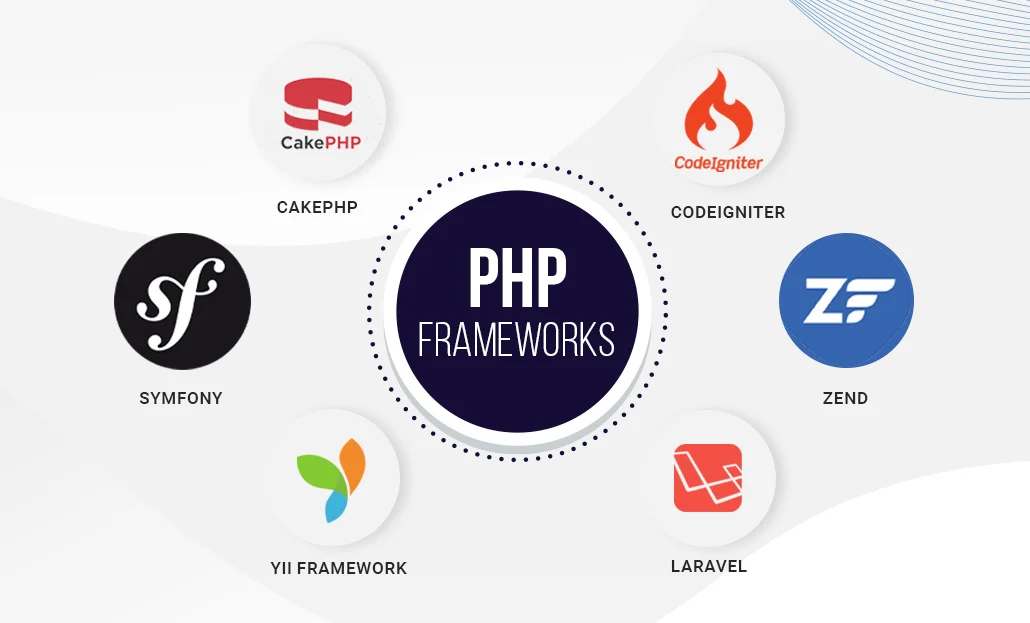
Before obtaining professional certificates in the field of healthcare, you must complete all educational prerequisites. After you’ve completed the prerequisites, you’ll be able to choose a certification program that corresponds to your intended professional path. Before starting your professional path, be sure to plan and explore the kind of healthcare occupations you’re interested in.
In this post, we’ll go over why medical certifications are necessary, as well as the several types of healthcare certifications you may earn and advance your medical career.
Table of Contents
Certified Patient Care Technician
Because of their patient care activities, patient care technicians may be termed nursing assistants. To become a Certified Patient Care Technician, you’ll need to help with patient physicals, give medicine when necessary, feed patients, and assist patients with bathing and using the toilet. You’ll assist with lab work ordered by the practicing physician and answer patient inquiries about specific treatments.
To be qualified for the certification, you must have a high school diploma.
ACLS
ACLS (advanced cardiac life support) is a set of treatments and techniques used to treat life-threatening situations such as cardiac arrest, shock, stroke, and trauma. Algorithms are used to organize ACLS operations and approaches. Algorithms are a collection of common principles for improving ACLS’s speed, efficacy, and results. The purpose of ACLS is to keep a patient’s condition stable. Normal vital signs and awareness are among the things that must be restored.
ACLS is used in every hospital or clinic where it is required. The intensive care unit (ICU), operating room (OR), recovery area, and general medical units all fall under this category. Under the supervision of a doctor, paramedics practice ACLS in pre-hospital situations.
The primary goal of ACLS is to enable nurses to provide treatment to individuals who are experiencing cardiac or pulmonary arrest. To find out more detailed information on how to get your ACLS certificate, you may visit https://www.acls-pals-bls.com/how-do-i-get-my-acls/ and follow the procedures given there to obtain your chosen online ACLS certification or renewal. This training not only gives nurses the skills they need to care for these patients but also teaches them how to detect such issues as well as other cardiac crises.
The training is a supplement to the CPR (cardiopulmonary resuscitation) certification. ACLS is for all health care providers involved in cardiopulmonary crises, not only nurses.
Certified Medical Assistant (CMA)
The CMA test is one of the most well-known and generally accepted Medical Assistant Certifications. The CMA (AAMA) certification test is difficult, with 200 multiple-choice questions spread out over four 40-minute portions. It will put your understanding of healthcare delivery, health information management, patient admission, infection control, and medical insurance to the test. It’s no surprise that businesses choose to recruit Certified Medical Assistants and regard the CMA degree so high nowadays.
Certified Phlebotomy Technician
A CPT certification collects all specimens for testing, regardless of whether they are blood-related. These samples are examined in a clinical laboratory to determine if a patient is unwell or to determine the effectiveness of drugs recommended by a practicing physician.
Blood can also be donated during blood drives and donation facilities, where it can be provided to individuals who need it. You’ll learn how to take blood and engage with patients for certain procedures, as well as perform testing procedures in a simulated setting.
Emergency Medical Technician
This is one of several healthcare qualifications that will pay highly in the years to come, with top earners earning about $60,000 per year. EMTs are patient-care professionals who can graduate to become advanced emergency medical technicians (AEMTs) and then paramedics.
An EMT training program at an accredited school, such as a local college, takes around three months to finish. Advanced EMTs must complete an extra 400 hours of training in order to be certified.
Why Are Medical Certificates Important?
Medical certificates demonstrate that you are qualified to fulfill the activities necessary for a certain job. It’s also essential since it may be a means for you to get into the healthcare field while you’re still a student or trying to make a career change. Most healthcare workers must be certified after completing their degree, however, in fields like healthcare management and information systems, you can still obtain certification if you don’t have any prior experience in the business.
Finally, take advantage of on-site workshops and cross-training possibilities to further your healthcare profession. Every achievement increases the number of doors that open and the number of prospects for professional progress.
Your healthcare profession will grow and develop as you do. Take the initiative to push ahead and carve out a niche for yourself in the market by taking those first few steps!





